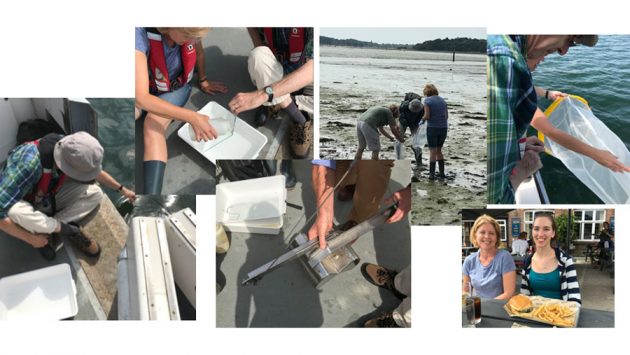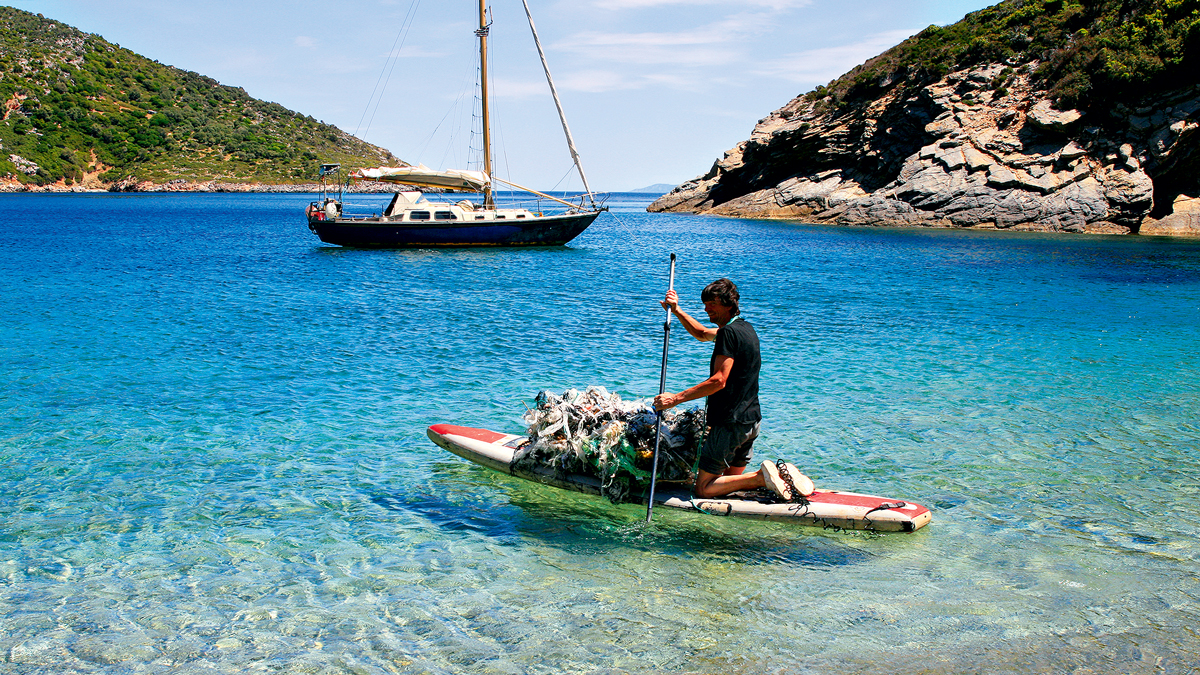University of Brighton researchers are launching a Citizen Science project with the goal of “evidencing pollution in Chichester and Langstone harbours.”
The team behind the studies that revealed the first evidence of GRP boats’ impact on aquatic organisms (PBO, September 2022) is appealing for volunteers to assist with a new study.
The focus will be on documenting the water quality in Chichester Harbour, West Sussex, and Langstone Harbour, Hampshire.
Dr. Corina Ciocan, Principal Lecturer in Marine Biology at the university, said: “We want to hear from the local community around Chichester and Langstone Harbours about your views concerning aquatic littering and pollution.
“We are especially interested in documenting water quality and evidencing incidences of end-of-life and abandoned boats in these spaces.
“Our research is exploring the leaching of Glass Reinforced Particles (GRPS) from these ageing fibreglass boats and its impacts on aquatic life.”
Article continues below…
World’s first sustainable and recyclable Optimist dinghy launched – the ecoOptimist
ecoOptimist – the world’s first sustainable and recyclable Optimist since it started to be built from fibreglass rather than plywood – has…
Cleaning up plastic pollution in paradise: Cruising notes from the Aegean Sea
Contrary to expectations, my first introduction to sailing in the Mediterranean was disappointing. Aleko was returning home to Greece after…
Fibreglass boats have, for the past 60 years, provided an affordable and durable means for smaller commercial fishers and sailors to create an income and use recreationally.
As these boats age and decay they release toxic microfibres including glass reinforced plastics (GRPs) into the aquatic environments where they are moored. These toxins hinder marine life and embed themselves in human and animal soft tissue if ingested.
The researchers say boat abandonment and disposal at sea through scuttling is a route often taken by some boat owners in the UK and elsewhere, mostly due to the lack of legislation around boat disposal and recycling.
The project aims to explore these issues, and gather data about how much of an impact the situation is having.
It will run between March and July 2023, and includes free training workshops in April – on water sampling; photo documentation; and blog writing – for up to 15 people per session.
The data collected will be stored, and made publicly available on an open access database – as part of a citizen science approach which supports co-collaboration between the University of Brighton and local public.
A focus group will be held in July to explore future collaborations and review research outcomes.
Find out more at www.chapron.org.uk/citizen-science-project-to-explore-water-pollution-from-fibreglass-boats or register for a workshop, by contacting the project’s research team: Dr Corina Ciocan: c.ciocan@brighton.ac.uk or Dr Mary Gearey: m.gearey@brighton.ac.uk.






